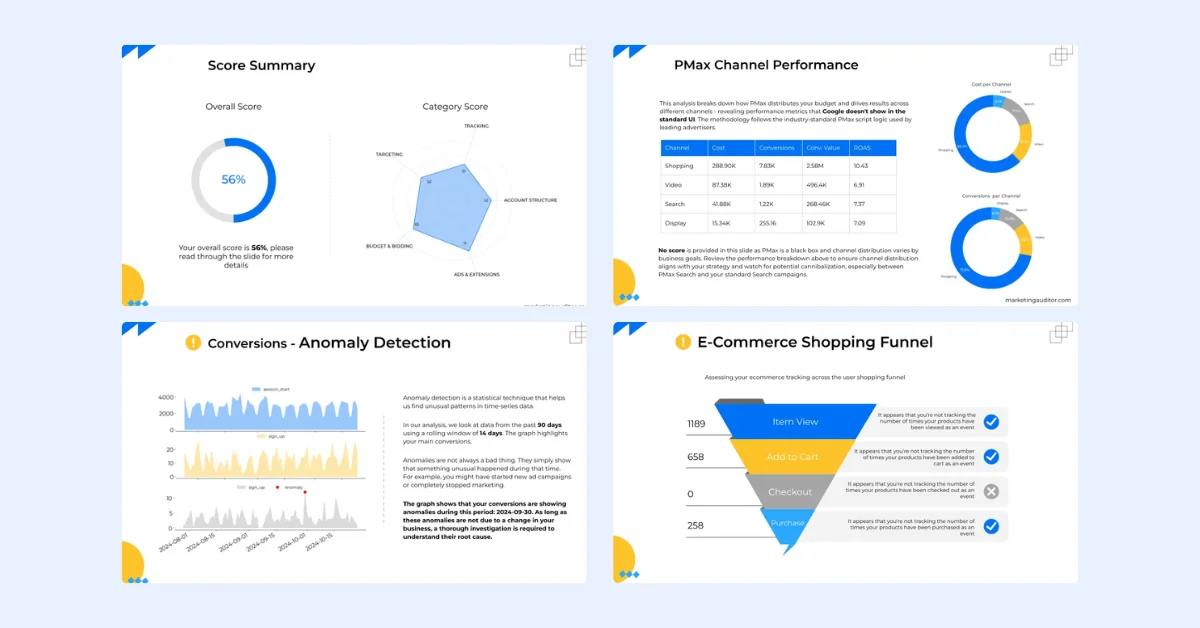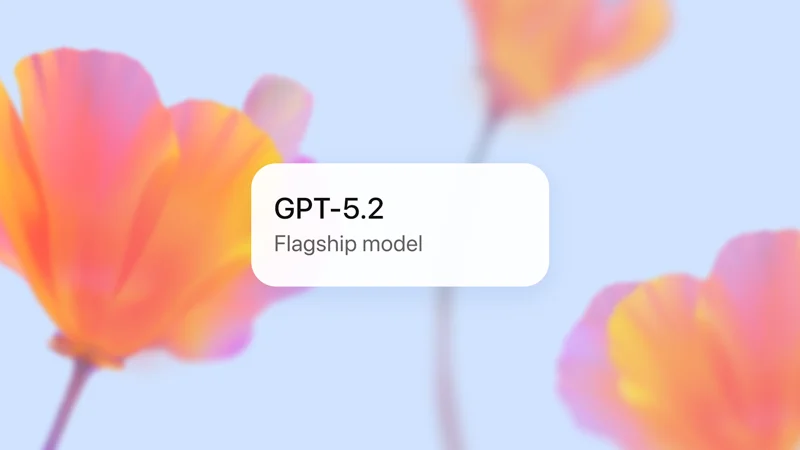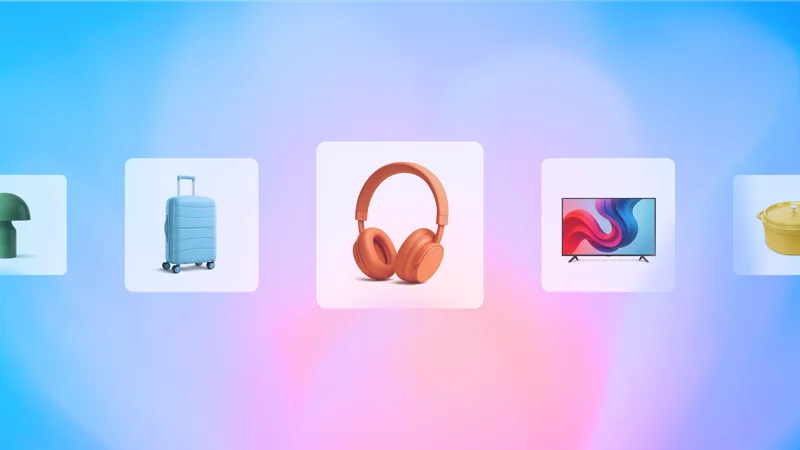OpenAI has launched Sora, a video-generating AI tool available to ChatGPT Pro and Plus subscribers for $200 per month. Users can create 1080p videos up to 20 seconds long, but access is limited to specific countries, excluding all EU nations. OpenAI warns that accessing Sora from unsupported regions may lead to account bans or suspensions.
The initial version, Sora Turbo, generates clips between 5 and 22 seconds in various aspect ratios and resolutions. Users need credits to create videos, with different costs based on resolution and duration. ChatGPT Plus provides 1,000 credits for up to 50 priority videos at 720p, while Pro offers 10,000 credits for 500 priority videos at 1080p. Additionally, Pro subscribers can create unlimited low-priority videos without watermarks, though all Sora videos are watermarked by default. Credits reset monthly and do not roll over.
Credit System and Pricing Structure
OpenAI has implemented a tiered credit system for video generation:
ChatGPT Plus Subscription
- 1,000 monthly credits
- Up to 50 priority videos at 720p/5 seconds
- Credits reset monthly without rollover
ChatGPT Pro Subscription
- 10,000 monthly credits
- Up to 500 priority videos at 1080p/20 seconds
- Unlimited "relaxed" priority videos without watermarks
Resolution-Based Credit Costs
- 480p videos: 20-150 credits
- 720p videos: 30-540 credits
- 1080p videos: 100-2,000 credits
EU Launch Pattern Follows Previous Releases
This regional restriction mirrors OpenAI's previous product launches, including Advanced Voice Mode, which initially excluded EU countries due to regulatory requirements. The company has cited "additional external reviews" needed for compliance with local regulations as the reason for delayed releases in EU territories.
Broader Industry Impact
The pattern of delayed EU releases extends beyond OpenAI, affecting other major tech companies like Meta and Microsoft. These delays largely stem from the EU's comprehensive data privacy regulations, with some industry players, including Meta, advocating for modernized interpretations of European privacy laws to better accommodate AI advancement.












